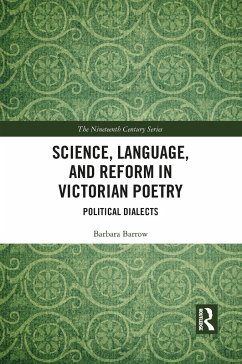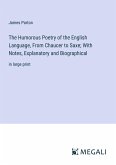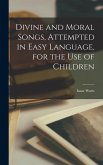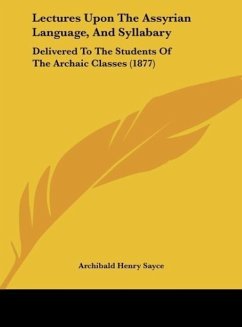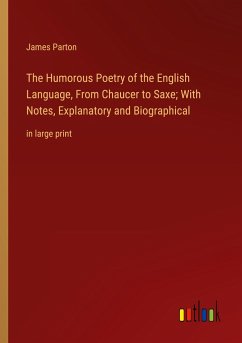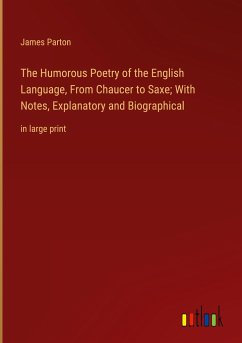Barrow's timely book is the first to examine the link between Victorian poetry, the study of language, and political reform. Focusing on a range of literary, scientific, and political texts, Barrow demonstrates that nineteenth-century debates about language played a key role in shaping emergent ideas about popular sovereignty. While Victorian scientists studied the origins of speech, the history of dialects, and the barrier between human and animal language, poets such as Elizabeth Barrett Browning, Alfred Tennyson, and Thomas Hardy drew on this research to explore social unrest, the expansion of the electorate, and the ever-widening boundaries of empire. Science, Language, and Reform in Victorian Poetry recovers unacknowledged links between poetry, philology, and political culture, and contributes to recent movements in literary studies that combine historicist and formalist approaches.
Hinweis: Dieser Artikel kann nur an eine deutsche Lieferadresse ausgeliefert werden.
Hinweis: Dieser Artikel kann nur an eine deutsche Lieferadresse ausgeliefert werden.

